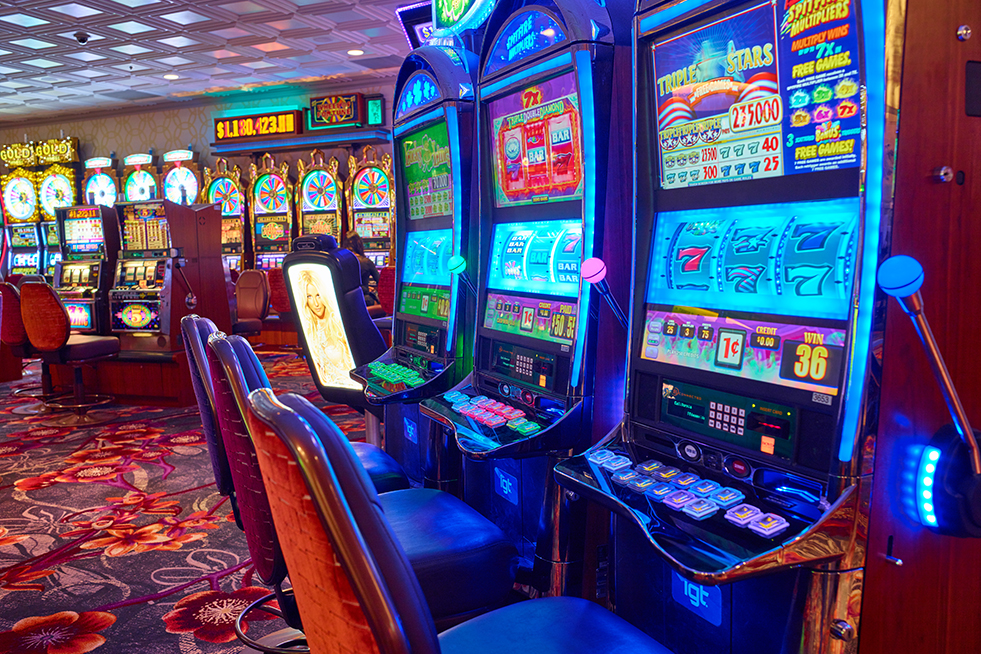
Casino games have long enthralled players from all walks of life, drawing them into vibrant casinos filled with the sounds of spinning wheels, clattering chips, and cheering crowds. The thrill of chance and the allure of potential winnings create an exhilarating atmosphere that keeps gamblers coming for more. Whether it is the excitement of a slot machine, the strategic play of poker, or the anticipation of a roulette wheel, casino games offer a unique combination of entertainment and risk that can be hard to ignore.
At the heart of this fascination lies a psychological pull that varies from person to person. For some, the rush of hitting a jackpot can elevate their mood, while for others, it’s a social experience that brings friends together. The colorful visuals, engaging sounds, and sometimes lavish environments of casinos further enhance the appeal, making each visit an adventure waiting to unfold. As we explore why gamblers are drawn to these games, we uncover the deeper motivations and emotions that fuel their love for the betting tables.
Understanding Gambling Psychology
The attraction of casino games frequently derives from the complex psychology of gambling as a whole. Many individuals find appealing the thrill of risking money for the chance of winning more, as it taps into a deep-seated human desire for thrill and reward. This excitement can create a powerful emotional experience. The mix of risk and potential monetary gain can trigger a dopamine surge, making players feel exhilarated. BK8 Com
Furthermore, the design of casino games is engineered to keep players involved. The use of luminous lights, enthralling sounds, and the social setting of casinos can amplify the excitement. Players often find themselves immersed in these spaces, where the anticipation of a win draws them back repeatedly. This sensory engagement encourages longer gaming sessions, as the immediate feedback from wins, however insignificant, reinforces the desire to gamble more.
Finally, cognitive biases play a crucial role in gambling behavior. Many individuals fall prey to the illusion of control, believing they have power over outcomes even in games of chance. This attitude can lead to overoptimism and the persistence of play, despite mounting losses. Additionally, gamblers typically remember their wins more clearly than their losses, which can distort their understanding and fuel the desire to keep playing. This multifaceted interplay between emotions and cognitive factors helps explain why so many are pulled towards casino games.
A Attraction of Gaming Settings
The environment of a gambling establishment is distinctively enchanting, pulling in bettors with its mix of excitement and eagerness. The visuals and noises of twirling slots, cheering players, and the rhythmic clinking of tokens create an immersive experience that is difficult to resist. The vibrant illuminations and energetic arrangement foster a feeling of vitality that keeps players involved and invites them to linger more time. This contagious environment contributes to the overall appeal of gambling experiences, enticing both new and experienced players alike.
In addition, casinos are crafted to arouse the five senses in a way that makes visitors feel as though they are starting on a thrilling expedition. The purposeful positioning of games, comfortable chairs, and complimentary drinks enhance the overall value, making players feel valued and pampered. Many casinos also incorporate themed furnishings and lavish themes that transport visitors to different dimensions, amplifying the excitement. Such atmospheres foster a sense of freedom, allowing players to forget their mundane lives and immerse into the exciting domain of chance.
Ultimately, the presence of other gamblers amplifies the communal dimension of gambling, creating a joint excitement. Engagements among participants, be it through friendly chitchat or collective excitement during a big victory, cultivate a notion of community that many find attractive. This interpersonal interaction enhances the adventure of playing casino games, transforming it from a solitary endeavor into a joint adventure. The blend of thrill, engaging atmospheres, and interpersonal connections makes gaming venues an compelling destination for gamblers seeking entertainment and a opportunity to profit.
Grasping Casino Dynamics
Gambling games are engineered with specific mechanics that draw in players. All games has its own set of rules, stake frameworks, and probability ratios, allowing players to engage with the game on multiple levels. The thrill of submitting a bet and the anticipation of the outcome creates an thrilling atmosphere. Grasping these mechanics can enhance a player’s appreciation for the game and elevate their overall experience.
A further crucial aspect of game mechanics is the concept of randomness. Many casino games, especially poker machines and table games, rely on randomizers or shuffling to determine outcomes. This randomness is what keeps players returning; the unpredictable nature of the game creates a sense of hope and excitement. Knowing that each play or deal is independent of the last adds to the appeal, as players believe they have a chance at winning, regardless of past outcomes.
Ultimately, the emotional response related to game mechanics should not be neglected. The excitement of a large victory or the tension during critical moments are essential to the enjoyment of casino games. These emotional highs and lows utilize psychological triggers that keep players engaged for longer periods. Grasping these emotional responses to game mechanics can help explain why so many are enticed by the thrill of casino games, constantly seeking that next exhilarating moment.
